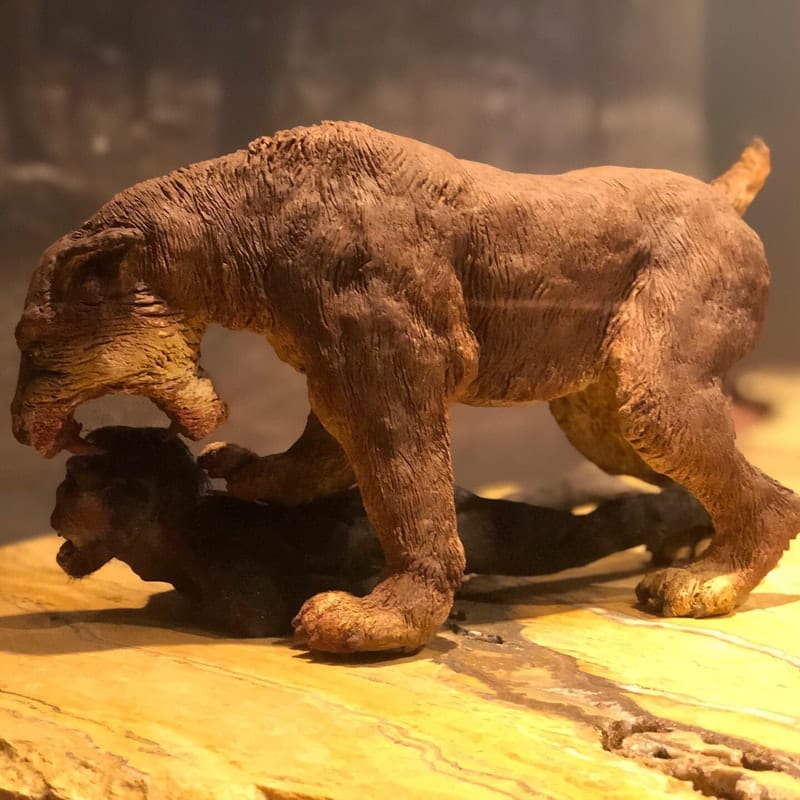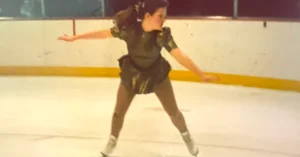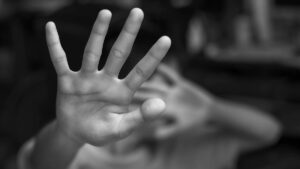In the last two weeks I have suffered three injuries. None of them so terrible that I required major medical intervention, but bad enough to leave me generally pretty bruised and crappy feeling. It was on the heels of some bruised ribs and a fall down the stairs that my partner invited me to attend a woodshop orientation workshop in which we’d be introduced to various saws and machinery and how to use them correctly. You can see where this is going…
He’s not wrong. I grew up in a feelings phobic household. Sure, my parents cared for us and treated us well, but I don’t even need one hand to count the number of times I’ve seen family members cry in front of me. Sadness was treated as a medical problem, rather than a natural emotional response. So many people have it worse! Pull yourself up by your bootstraps! And power through! Were the well-intended mantras of our household. Sadness was something tucked away and saved for the medical professionals. And to be clear, I have dealt with diagnosable depression that has required medical intervention. But I do wonder if the inability to express sadness only compounded those feelings.
It wasn’t until the day after my woodworking injury when talking with a friend that I realized how insane my response had been. My natural response had been to save those feelings until I was by myself and walk home on a crippled hip so as not to bother anyone. In that moment I did not believe that my pain and experience might be more important than someone else learning to use a dumb saw. I did not realize that it might be a little out there to suppose I needed to keep it together in front of an instructor who clearly wasn’t interested in my safety, a stranger, and a person who cares deeply about my well-being.
These are the lies we tell ourselves: my pain isn’t important, or least not important enough to bother anyone. I cannot show what I’m feeling. It’s better to suffer in silence. No one likes someone who’s always complaining. I cannot look weak. I need to have it together. It’s always a little funny when I become aware of this stuff, because like hey, it’s literally my job to help people process feelings in a variety of ways. And as much as I write about it, and give talks, and work with others, I’m still a human for whom this exists. Honestly, it kind of makes me feel like a fraud sometimes. I guess that’s the other lie: you’re not good enough.
I think it takes most of us awhile before we even realize that some of the beliefs that underpin the way we operate in the world are lies – mostly, we just think this is the way we are, and the way we handle things without subjecting those beliefs to any litmus tests. It usually takes someone else asking me, “how is that serving you?” before I put those beliefs to the test. How does it serve us to buy into these beliefs we have about ourselves, what we deserve, and what we should do? Are these beliefs and the actions that extend from them benefiting us? Or are they hurting us? Do they make my life better? Or worse? I’m going out on a limb here, but in retrospect it seems like deciding to walk home on a busted leg because of the belief that I cannot show my feelings wasn’t making my life any better.
But seeing the lie still isn’t always enough for me to do things differently. It’s hard to get away from that initial gut reaction to default into the same old way of doing things. There are a million reasons we find to not do things different. It’s hard. It might not even be better anyway. It will definitely be uncomfortable. These are just a few that I can buy into. I mean if you grow up in a household where crying in front of another person is never experienced, how do you even begin to test out that kind of vulnerability? Truthfully, I’m not sure. But I know this, after I let it all out to someone I care about and whom I trust in return, I went home, was tucked in under some blankets and fed chocolate in front of the TV until I fell asleep. And you know what? I felt better. I’m not always sure I know the answer, but I am fairly sure at this point that if I don’t try being vulnerable with the right people in the moment, I will always end up crying by myself in a parking lot. And at this point, that just isn’t serving me well anymore.




